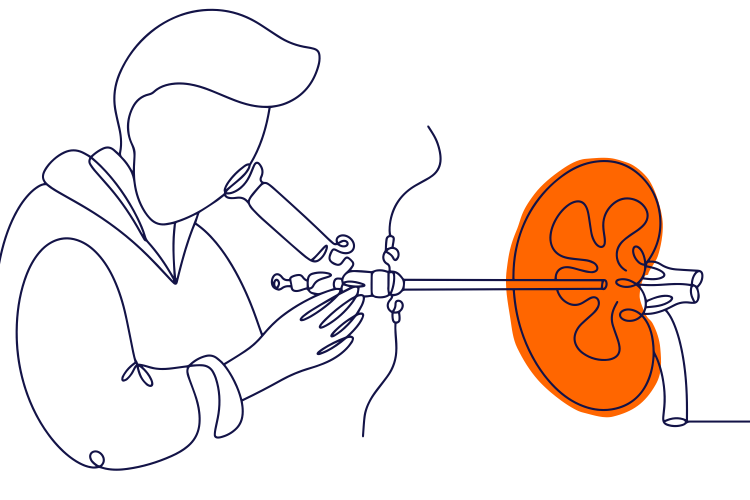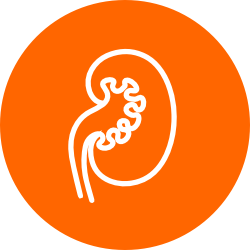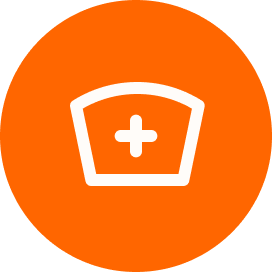Kidney stones

What are the kidneys?
The kidneys are two bean-shaped organs located on either side of the spine, just below the ribs.
The kidneys are part of the urinary system. They filter the blood to remove waste and excess salts, minerals, and water, forming urine.
The urine made by the kidneys drains to the bladder through two long, narrow tubes called ureters.
What are kidney stones?
Kidney stones are rock-like crystals which form in the kidneys from the salts and minerals in urine.
Kidney stones form when the concentration of salts and minerals in the urine are too high.
The risk of forming kidney stones increases with dehydration and a diet high in salt, protein, and foods containing oxalate. Due to our hot climate, kidney stones are a very common problem in Queensland.
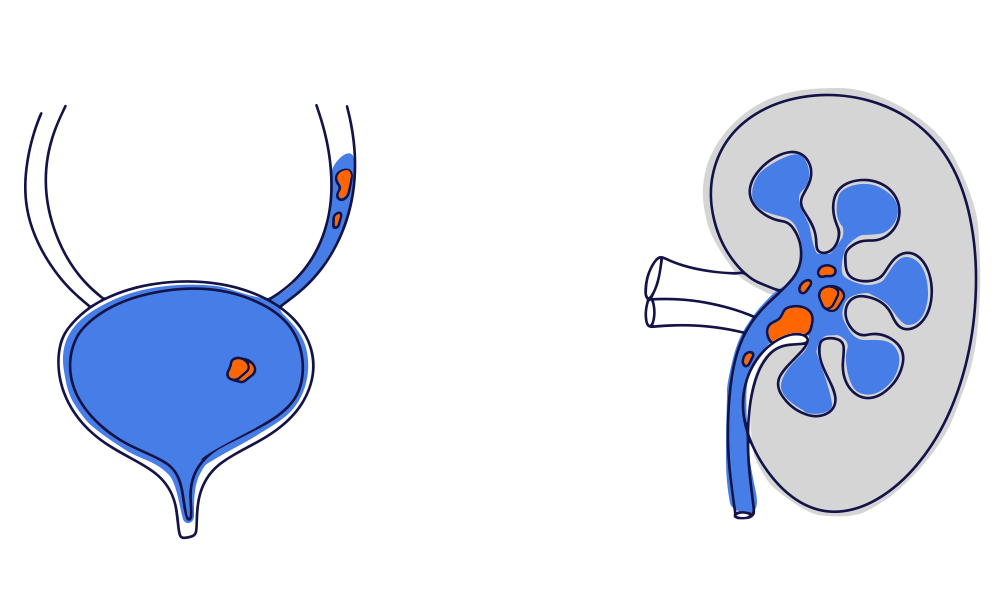
What are the symptoms of kidney stones?
Symptoms occur when the flow of urine is blocked by a stone which has moved from the kidney into the ureter.
This can cause pain, nause and vomiting, blood in the urine, an changes in bladder habbits such as urinary frequency and discomfort when passing urine.
Stones in the kidney which aren’t blocking the flow of urine usually cause no symptoms.

Back pain

Nausea and vomiting

Blood in the urine

Change in bladder habbits
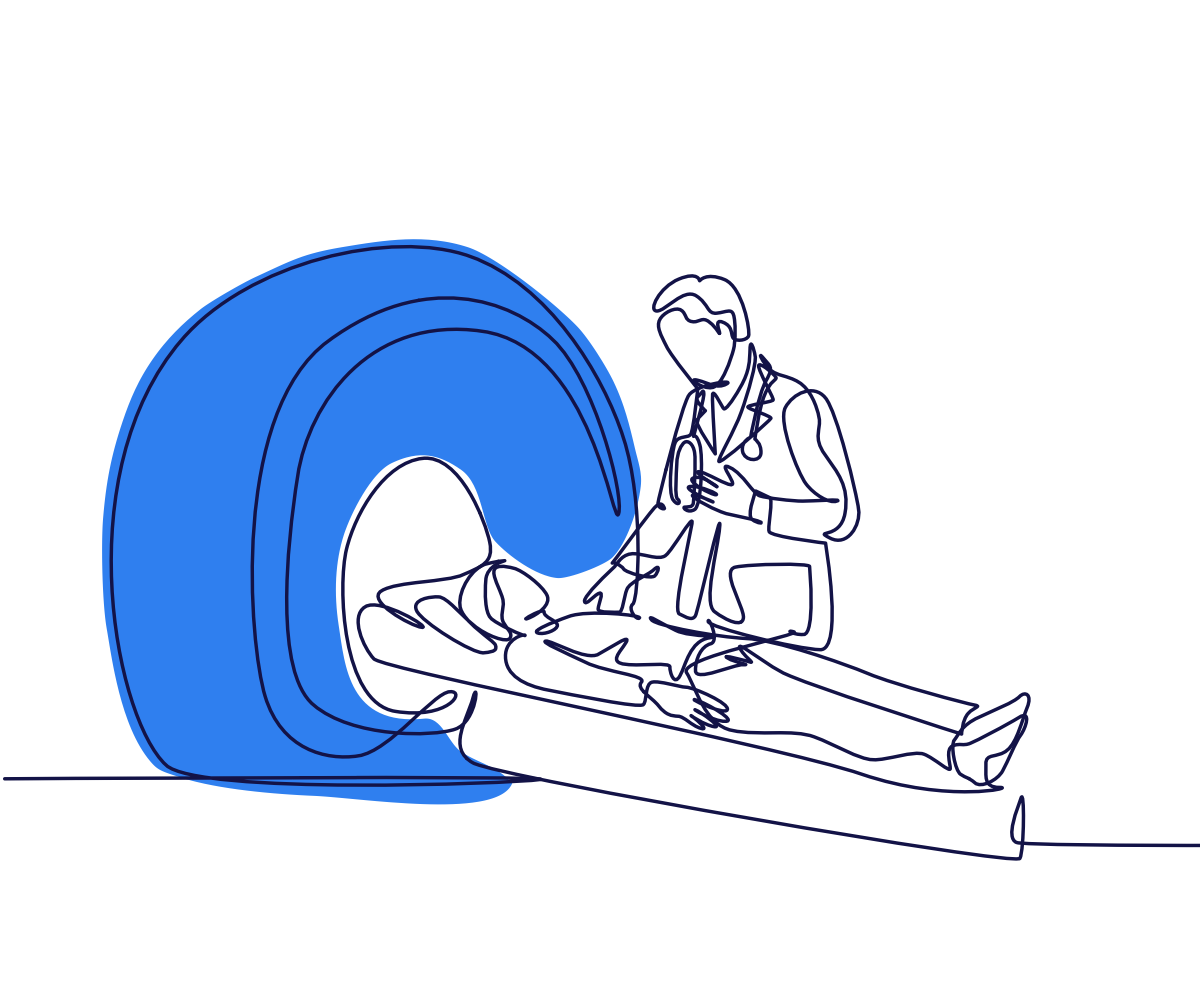
How are kidney stones diagnosed?
Kidney stones are usually diagnosed by a CT scan of the kidneys.
How are kidney stones treated?
Small kidney stones which are in the kidney and aren’t causing any symptoms often don’t need any treatment. Sometimes they will pass naturally with the aid of pain killers and muscle relaxant medication.
Kidney stones which are large or painful may need surgery to remove them. Most kidney stone surgery is minimally invasive.
Common options for kidney stone surgery include Uretero-pyeloscopy, Extracorporeal Shockwave Lithotripsy (ESWL), and Percutaneous Nephrolithotomy (PCNL).
